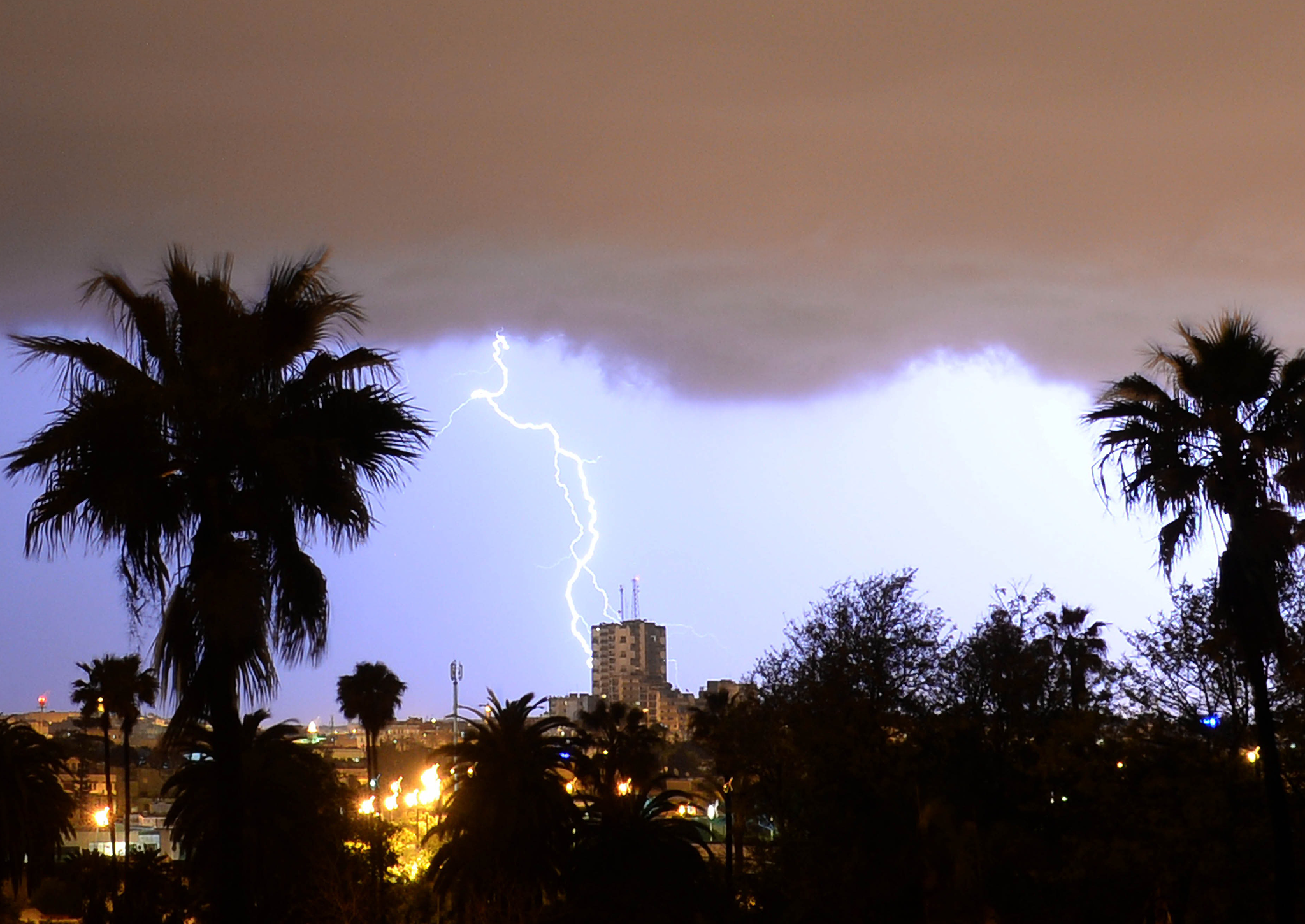Imagine life without electricity – that's the reality for two-thirds of Africa, and the results are devastating
The continent is poised for a solar energy revolution, but there's just one thing missing


Right at this very moment 621m Africans – two-thirds of the continent's population – live without electricity. And the numbers are rising. A kettle boiled twice a day in the United Kingdom uses five times as much electricity as someone in Mali uses in a year. Nigeria is one of the world’s biggest oil exporters but 93m Nigerians depend on firewood and charcoal for heat and light. On current trends, there is no chance that Africa will hit the global target of energy for all by 2030.
Unlike droughts, health epidemics and illiteracy, Africa’s energy crisis seldom makes the headlines. Yet the social, economic and human costs are devastating. Inadequate and unreliable electricity undermines investment. Power shortages cut economic growth by 2-4 per cent annually. The toxic fumes released by burning firewood and dung kill 600,000 people a year – half of them children. Health clinics are unable to refrigerate life-saving vaccines and children are denied the light they need to study.
Politics is at the heart of Africa’s energy crisis. The region’s power utilities are notoriously inefficient and bad at serving poor consumers in particular. This is partly down to mispricing and under-investment. But it’s also because utilities are vehicles for political patronage and, in some cases, institutionalised theft. US$120m went missing from the Tanzanian state power utility last year though a complex web of off-shore companies.
The sheer scale of Africa’s energy deficit often fuels a sense of fatalism and paralysis. Yet on the flipside of this crisis are enormous opportunities. Sub-Saharan Africa has some of the world’s most abundant and least exploited renewable energy sources, especially solar power. With the price of solar panels plunging, there are opportunities for firms and governments to connect millions of poor households to affordable small-scale, off-grid systems.
This would help the poorest most. The latest Africa Progress Panel report, published this week, estimates that 138 million households living on less than $2.50 a day spend US$10bn annually on energy-related products, including charcoal, candles and kerosene. Measured on a per-unit cost basis, these poor households pay 60-80 times more for energy than people living in London or Manhattan. Off-grid solar power could slash these costs, releasing resources for productive investment, health and education, driving down poverty and raising life expectancy.
If you think this is a pipe-dream, think again. Bangladesh has installed over 3.5m off-grid solar power systems, and the figure is set to double over the next few years. The key to success? Financial and technical support from government, allied to new business models. In Africa, a vibrant off-grid solar industry is poised for take-off. The only thing missing in most countries is government action to support, encourage and enable this investment.
Supporting the development of large-scale renewable energy is not just the right thing to do for Africa. It is also the smart thing to do on climate change. One of the symptoms of Africa’s energy poverty is the destruction of forests to produce charcoal for rising urban populations: fewer trees means the loss of vital carbon sinks.
Small-scale solar energy can provide millions of people with a first step on the energy ladder. But it can’t in the medium term fill the energy void left by large-scale utilities. African governments must aim for an annual growth rate in power generation of 10 per cent a year for the next two decades – around 5 times current levels. Countries such as Ethiopia, Kenya and Rwanda have demonstrated this is possible. Both have simultaneously increased public investment while attracting large-scale foreign investment. Aid donors can help by providing bridging loans and helping to reduce risk.
Throughout history electricity has fuelled the growth that has created jobs, cut poverty, and improved the quality of life. Now, almost 150 years after Edison developed the light bulb, it is time to spark an African energy revolution. We lack neither the finance nor the technologies to do so: all that’s needed is the vital connection of international cooperation and political will.
For further information, or to download a copy of the 2015 Africa Progress Report visit www.africaprogresspanel.org.
Join our commenting forum
Join thought-provoking conversations, follow other Independent readers and see their replies
Comments